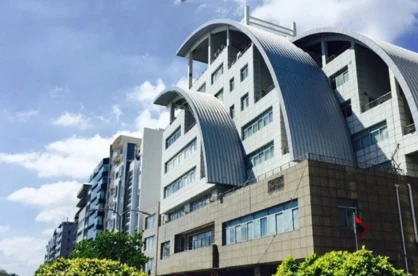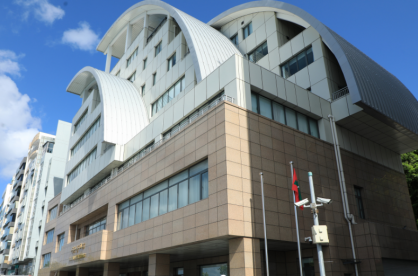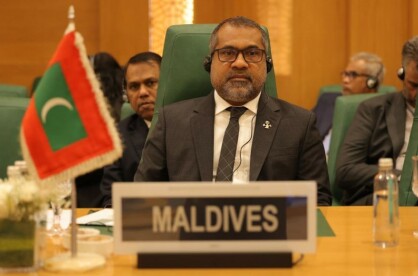On the 1st of April 2024, the healthcare sector in the Maldives achieved a significant milestone with the introduction of free medical check-up packages for Maldivian citizens. This initiative represents a tangible fulfilment of a pre-election promise made by President Dr. Mohamed Muizzu. While initially pledged for citizens aged 50 years and above, a recent statement released by the national health insurance scheme Aasandha expanded eligibility to individuals aged 35 years and above. This expansion underscores a commitment to proactive healthcare and underscores the government's dedication to the well-being of its citizens.
This initiative heralds a significant stride forward in healthcare accessibility and preventive medicine in the Maldives. By offering comprehensive medical check-up packages at no cost, the government is not only encouraging individuals to prioritize their health but also facilitating early detection and intervention for a spectrum of health conditions. The inclusion of routine screenings such as blood, urine, stool tests, ECG, and cancer screenings underscores a holistic approach towards proactive healthcare management. These bi-annual check-ups, accessible through the Aasandha scheme, cater to different age groups, with specialized packages tailored for individuals over 35 and 40 years old respectively.
Moreover, the flexibility embedded within the scheme allows for a second medical check-up within the same year based on medical advice. The second check up, however, has to be done after a six-month period to avail of the Aasandha coverage. Provisions have also been made to extend these services to regional and provincial hospitals, ensuring equitable access for islanders. In the Greater Male’ Area, the availability of check-ups at prominent healthcare facilities like the Indhira Gandhi Memorial Hospital (IGMH), Villimale’ Hospital, and Hulhumale’ Hospital underscores a commitment to convenience and accessibility for urban dwellers.
Beyond the immediate benefits of early detection and intervention, this initiative carries profound implications for long-term public health outcomes. By promoting regular health screenings and facilitating preventative measures and lifestyle adjustments, the government is not only striving to alleviate the burden on the healthcare system but also fostering a culture of proactive health management among citizens.







